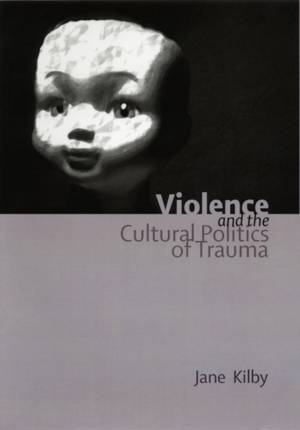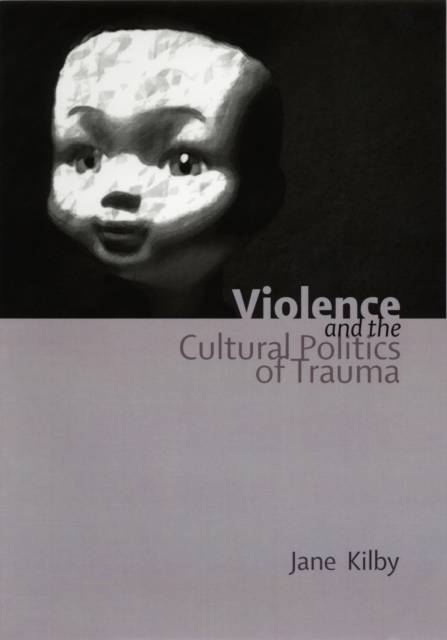
- Retrait gratuit dans votre magasin Club
- 7.000.000 titres dans notre catalogue
- Payer en toute sécurité
- Toujours un magasin près de chez vous
- Retrait gratuit dans votre magasin Club
- 7.000.000 titres dans notre catalogue
- Payer en toute sécurité
- Toujours un magasin près de chez vous
Description
During the late 1970s and 1980s speaking out about the traumatic reality of incest and rape was a rare and politically groundbreaking act. Today it is a ubiquitous feature of popular culture and its political value uncertain. In Violence and the Cultural Politics of Trauma, Jane Kilby explores the complexity and consequences of this shift in giving first-hand testimony by focusing on debates over recovered memory therapy and false memory syndrome, the spectacle of talkshow disclosures, discourses of innocence and complicity as well as the aesthetics and affect of shock. In counterpoint to the frequently cynical readings of personal narrative politics, Kilby advances an alternative reading built around the concept of unrepresentability. Key to this intervention is the stress placed by Kilby on the limits of representing sexually traumatic experiences and how this requires both theoretical and methodological innovation. Based on close readings of survivor narratives and artworks, this book demonstrates the significance of unrepresentability for a feminist understanding of sexual violence and victimisation. The book will of interest to those working in the areas of Cultural, Literary, Media and Women's Studies as well as Memory and Trauma Studies.Key Features* Provides a topical discussion of the debates generated by a mass culture of speaking out about violence and victimisation* Offers an interdisciplinary case-study analysis of survivor testimony* Applies cutting-edge developments in trauma and testimony theory to a feminist analysis of women's incest testimony* Makes accessible the significance of unrepresentability for a cultural politics of trauma
Spécifications
Parties prenantes
- Auteur(s) :
- Editeur:
Contenu
- Nombre de pages :
- 160
- Langue:
- Anglais
Caractéristiques
- EAN:
- 9780748618163
- Date de parution :
- 18-04-07
- Format:
- Livre relié
- Format numérique:
- Genaaid
- Dimensions :
- 167 mm x 238 mm
- Poids :
- 394 g







